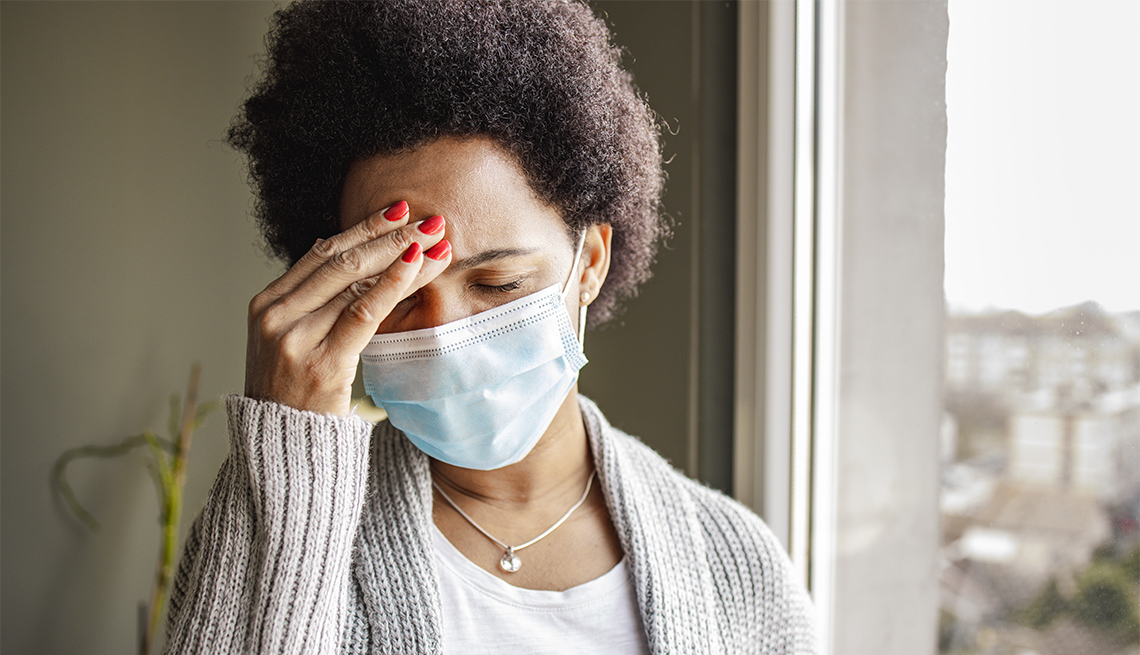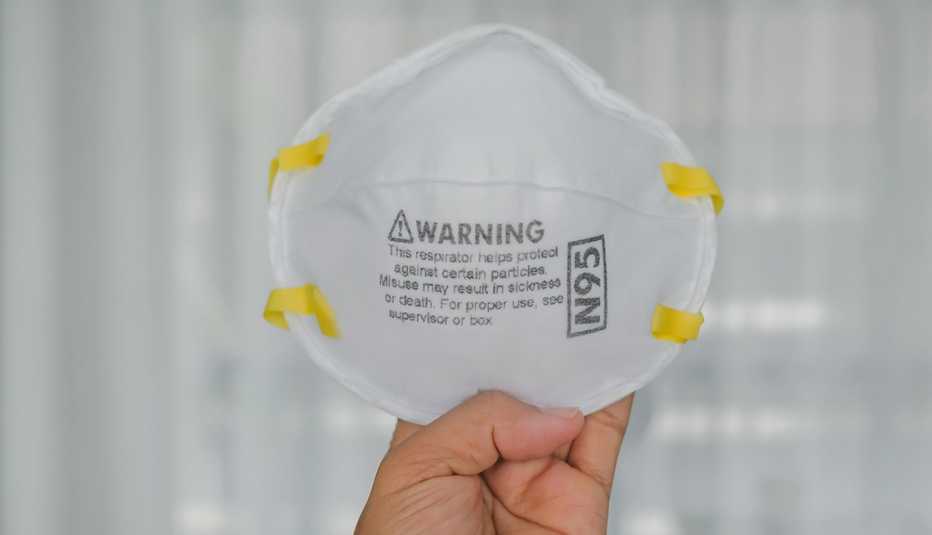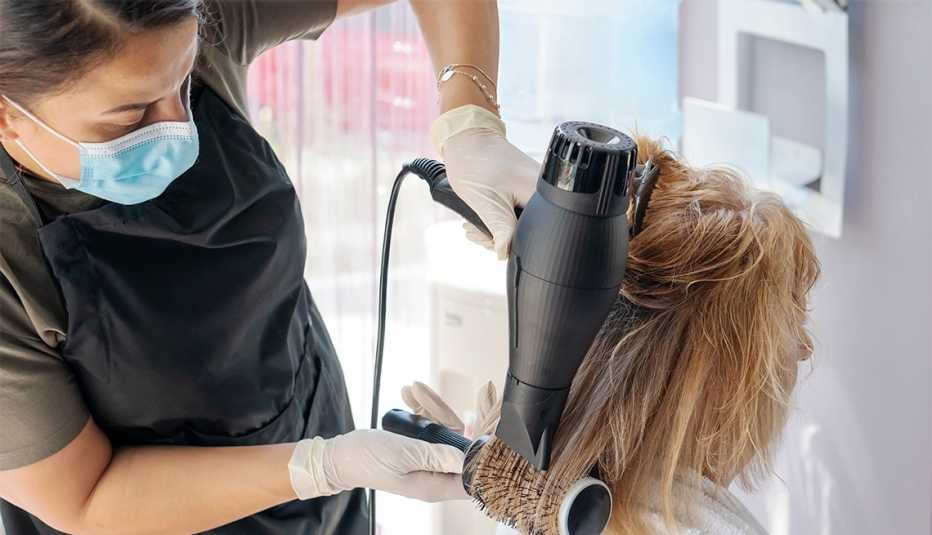AARP Hearing Center
Three days before going to visit his 92-year-old, immunocompromised father-in-law, Tom Green tested himself for COVID-19. He tested again the next day. Both tests were negative.
“I didn't test the Friday I traveled because I was symptom free,” Green, 63, says. He then set out on the six-hour drive from his home in Des Moines, Iowa, to Chicago. Since he had tested negative, Green doled out hugs, helped around the house and did what he could to assist his father-in-law.
Then he drove back to Iowa. That’s when the symptoms set in. “I was really achy,” he said. Green and his wife tested positive, but not wanting to believe the worst, they got new tests from other manufacturers. “We both tested positive twice using different tests,” he says. It was official: They had COVID-19. “One of my adult children said, ‘You got to call grandpa right away and tell him,’ ” Green says. While his father-in-law was nice about it, saying Green took more precautions than most people, Green felt terrible. He felt even worse when the diagnosis spread from his father-in-law, to his father-in-law’s caregiver, his sister-in-law, and on and on. While his father-in-law had to go to the emergency room for assessment, everyone has slowly recovered, but the guilt Green feels lingers.
As the highly contagious omicron variants and the even more contagious BA.5 subvariant race around the world, managing to evade masks, vaccines and boosters, it feels easier than ever to get COVID-19 – and easier than ever to give COVID to someone else.
Practice COVID compassion
Green is not alone in feeling guilty about passing along the virus. It’s something that Elizabeth Cohen, a therapist in New York City, is seeing in her patients. “A lot of people are grappling with the guilt of having passed COVID to someone else,” she says. “People feel like, ‘If I’m a good person, I would have protected everybody.’ And it’s like, ‘No, you are a good person — it’s that this virus is super sneaky.' ”
Lucy McBride, an internist in Washington, D.C., is also seeing feelings of shame among her patients who have contracted COVID-19. “A common theme is when my patients call me they say, ‘I feel so guilty. I feel so badly that I am sick when I was so careful,’ ” she says. “You have to understand that when you have a highly transmissible variant like omicron in circulation, it’s not a failure of our mitigation efforts. It’s really just the intrinsic nature of the virus.”
McBride gets frustrated when she hears her patients are feeling culpable about spreading the virus after taking precautions. “If it’s a hurricane and you get wet, that’s not your fault, right?” she says.
Still, Green couldn’t help but feel terrible watching his family get sick, and frustrated that he tried so hard to be safe by testing first. “My guilt is accompanied by disbelief,” he says. “I took every measure I could. I could have tested the morning I drove six hours to see him. I stopped beating myself up for that, because I had tested negative the two days before that and appeared to be symptom free.”
It’s that mentality that McBride wants her patients to strive for. “We have to realize that getting COVID and spreading COVID is not a moral failure,” she says. “It's really important to take the shame away from getting sick and accidentally infecting someone else, because this virus is so contagious. It's sort of inevitable that we will all be exposed to it at some point.”
Give yourself a break
Cohen would like people to give themselves a break — and others too. “Everyone is looking for a scapegoat,” she says. “Everyone is looking for someone to blame for this unimaginable trauma that we've been going through. You can take a small piece of responsibility, like, ‘Oof, I was the one who brought it, but I didn't purposely bring it and that's just what happens.’ We can’t control everything.”






































































